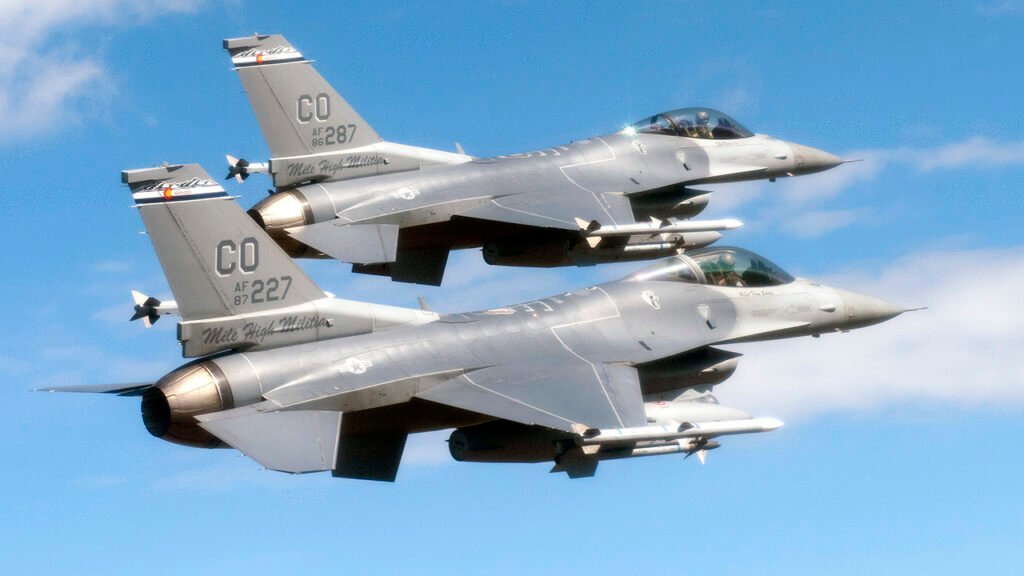[ad_1]

Cracks on the canopy sill longerons are affecting the U.S. Air Force inventory of F-16s.
An interesting article recently published by the 140th Wing Public Affairs exposes an issue affecting the U.S. Air Force F-16 Fighting Falcon fleet: canopy sill longeron (CSL) cracks. The CSLs run the full length of the cockpit and support the structure between the frame and skin of the aircraft, preventing tension and bending of the fuselage.
Aging airframes are more subject to structural issues and according to the article, the structural integrity of the longeron is getting worse: CSL cracks were identified on 90 aircraft across the U.S. Air Force within the past year.
“The aircraft is immediately grounded when the canopies crack,” Tech. Sgt. Taylar M. Reilly said. “A crack can spread, and if both sides break, the whole nose could fall off.”
In order to tackle the issue, Colorado Air National Guard maintainers of the 140th Maintenance Group has implemented new maintenance practices, led by U.S. Air Force Staff Sgt. Danielle M. Morgan and Tech. Sgt. Taylar M. Reilly, that have allowed the team to complete, locally, repairs on two aircraft experiencing the issue at the same time, that would normally be done at a depot facility, with an extended downtime of the jets.
According to the guidance Reilly has received, the depot has an overwhelming workload and is unable to complete these repairs in a timely manner. In addition, other units may not have the in-depth expertise needed for aircraft-specific repairs like this. National Guard members, on the other hand, typically remain in the same career and unit for an extended period, which adds a level of expertise in aircraft-specific maintenance practices.
Reilly, Morgan, and their team have over 20 years of combined experience with aircraft structural maintenance, and together they’ve worked as a team with F-16 Special Program Office engineers on developing and implementing more efficient means of repairing the aircraft.
“Working alongside the same engineers has enabled long-lasting relationships that are essential to this type of maintenance,” Reilly said.
“Success of the 140th Maintenance Squadron relies heavily on innovation by the women and men of this organization, evident by the remarkable work we have done with CSLs,” U.S. Air Force Maj. Justin Clouser, commander, 140th Maintenance Squadron said. “Without innovation and effective problem-solving skills, we’d be expected to fix modern day issues with outdated maintenance practices and equipment, which is anything but efficient.”
As reported by Alert 5 similar issues have been documented on the F-15 Eagle aircraft in the past. A defective longeron supplied by Boeing caused the in-flight break-up of an F-15C Eagle in 2007. All 441 of the F-15Cs were grounded after the incident, and 182 were found to have major structural components that didn’t meet original manufacturing specifications: instead of the required 0.10 inches, Boeing-supplied longerons varied in thickness from 0.039 to 0.073. Most of the F-15s grounded were cleared to return to flight by February 2008.
[ad_2]
Source link
